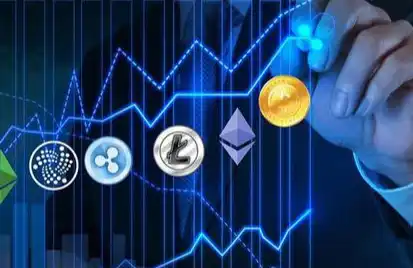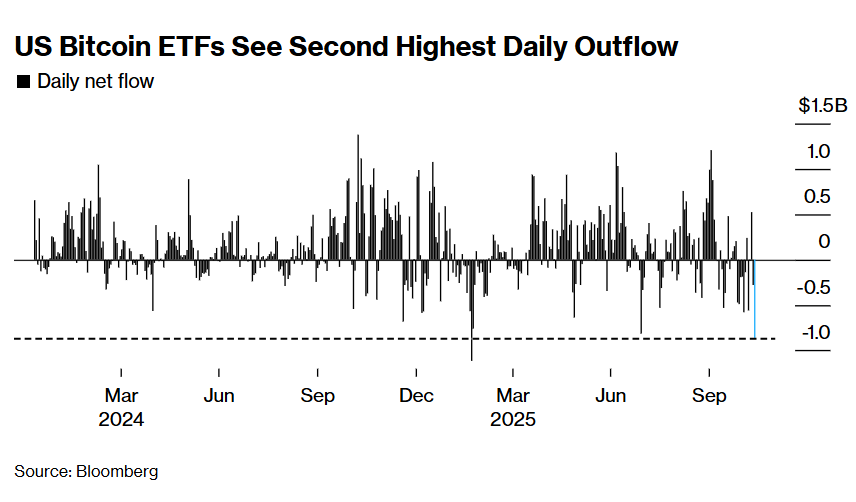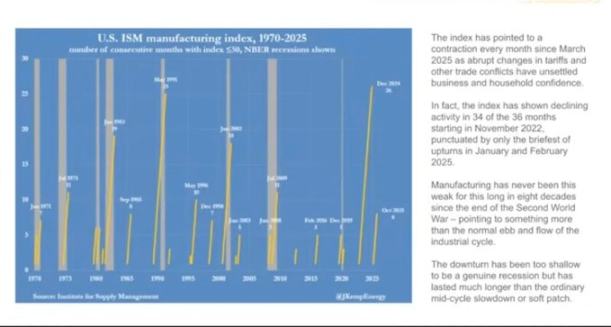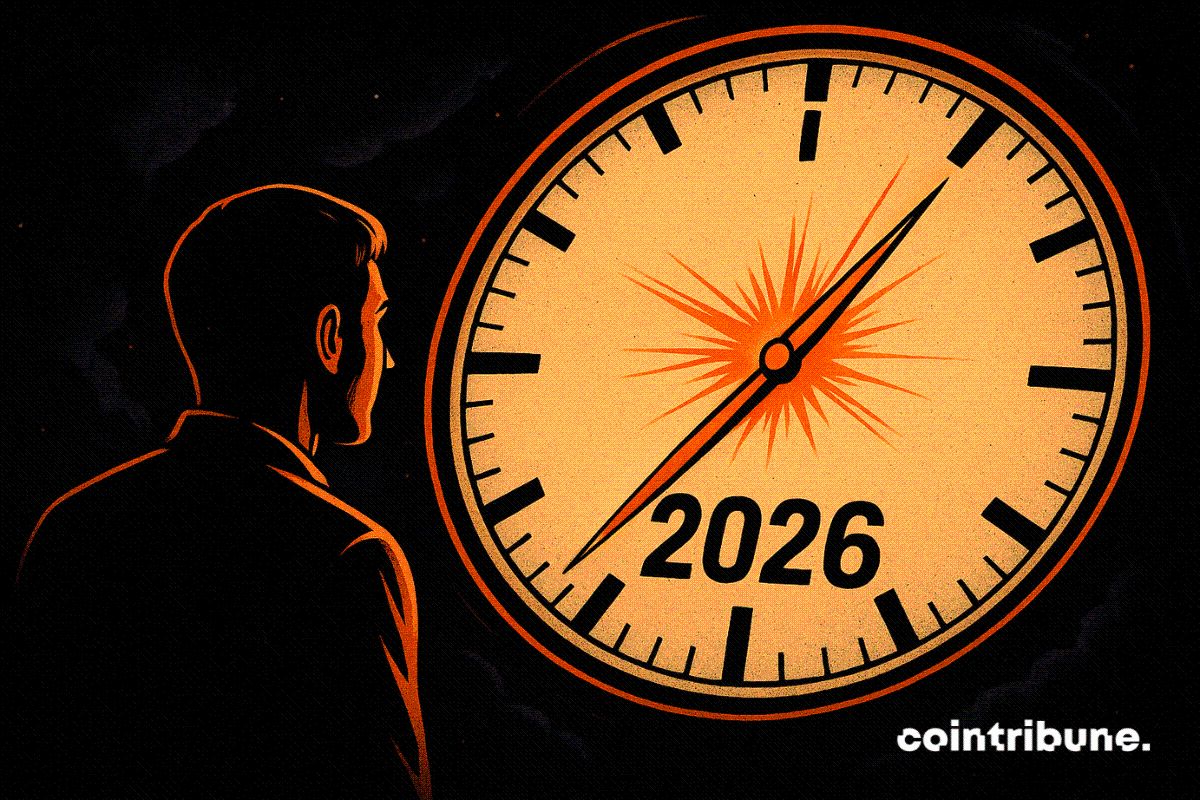After a prolonged stretch of subdued inflation, US consumer prices peaked in June as businesses began passing on the rising costs of imported goods affected by tariffs.
According to a Bloomberg survey of economists, the core Consumer Price Index (CPI)—which excludes food and energy—rose 0.3% last month, marking the largest monthly gain since January. This follows a modest 0.1% increase in May.
The annualized core inflation rate is expected to accelerate to 2.9%, its first pickup since the start of the year. While this suggests a slight pass-through of increased import duties, most economists anticipate inflation will gather steam over the coming months, despite retailers’ reluctance to burden consumers who are already tightening their wallets amid a cooling labor market.
Fed holds firm as retail sales limp and tariff pressures linger
Retail sales data due Thursday is projected to show only marginal growth in June, after two consecutive monthly declines. This will offer deeper insight into consumer behavior and help refine second-quarter GDP estimates.
Though consumer spending has moderated, Federal Reserve officials remain cautious about cutting interest rates—their concern: persistent inflation risks tied to tariffs. The next policy meeting is scheduled for July 29-30.
Economists at Bloomberg—including Estelle Ou, Stuart Paul, Eliza Winger, and Chris G. Collins—predict that inflation trends in June will mirror May’s: limited tariff-related price increases in goods, offset by continued weakness in services. Web-scraped data shows firmness in items like appliances and furniture, but softness in categories like airfares and used vehicles.
Global inflation pulse quickens as central banks brace for tariff fallout
Global markets are also waking up to changing inflation trends. In Canada, June inflation figures will be key before the Bank of Canada’s rate decision on July 30. And in China this week, there will be data on gross domestic product as well as retail sales and trade that should give some readings on the effect of American tariffs on its economy.
In Japan, inflation is expected to fall to 3.3%, adding pressure on the central bank. There is expected to be no respite from stubbornly high inflation in the UK, keeping the pressure on policymakers even as wage growth cools. In other places, G20 finance ministers are gathering in South Africa at a time of intensifying trade standoffs and escalating global inflation danger.
Wednesday could have marked a crucial deadline, ending Trump’s pause on the sweeping “reciprocal” tariffs announced in April. However, this week, he introduced a new round of tariffs, many set to take effect on August 1.
Despite the escalation, most investors remain optimistic that the US will sidestep steeper tariff rates, with hopes that Washington will reach trade agreements in the coming weeks with key partners like Japan and South Korea, according to Anthony Saglimbene, chief market strategist at Ameriprise Financial.
“That’s what the market has built in,” Saglimbene said. “If we don’t get that, then I think there is probably some risk that we would see higher near-term volatility if the White House implements some of these aggressive tariff measures.”
With tariff effects spreading through the global supply chains, inflation-growth data and central bank reactions will continue to get close attention in the back half of the year.
Cryptopolitan Academy: Want to grow your money in 2025? Learn how to do it with DeFi in our upcoming webclass. Save Your Spot




